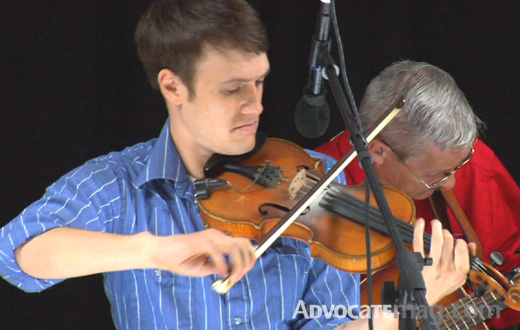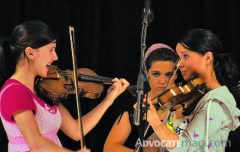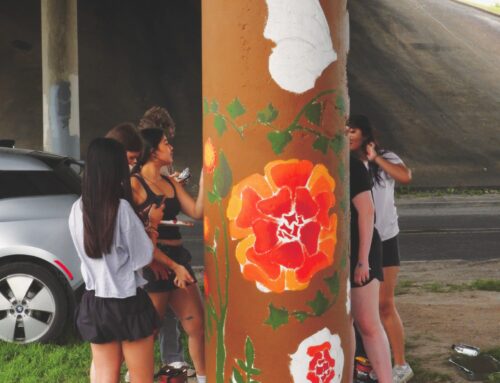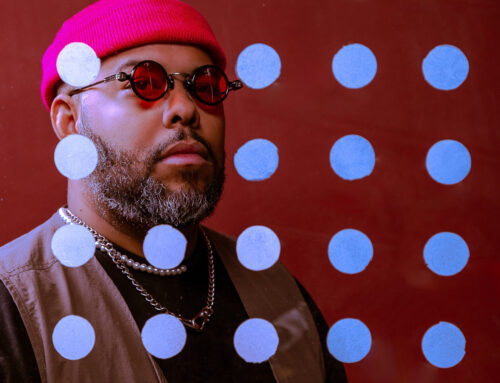
From Jason Hammond and Beth Jasper's feature-length documentary, "The Devil's Box". / PHOTOS COURTESY OF JASON HAMMOND
Jason Hammond just needed a catfish. Actually, he needed three live catfish for a TV commercial he was working on in Austin. The 1987 Woodrow Wilson High School graduate wound up driving to a fish hatchery in Halletsville, Texas. He bought the fish from bemused hatchery owner Kenneth Henneke, and he wound up getting the idea for his first feature-length documentary, “The Devil’s Box”.
“It was killing him why I wanted three catfish, because he usually sells hundreds of pounds of fish at a time, and I almost didn’t tell him what I was doing,” he says. “But I started talking to him, and he said, ‘You need to make a movie about my fiddle contest.’”
Henneke and his friends started producing an annual Texas-style fiddling contest in Halletsville in 1970. Hammond had never heard of Texas-style fiddling before, but he was intrigued. So Hammond and his wife, Beth Jasper, headed to Halletsville. “They fixed us pot roast and introduced us to the world of Texas fiddling,” Hammond says.
The couple asked another 1987 Woodrow grad, Erik Hansen, to be their executive producer. The first thing they filmed was the contest. “Neither Beth nor I are very musical, so we really had to attack it from a journalistic point of view,” Hammond says.
The three-day festival is every April, and it takes over the entire town. Texas fiddle music is centuries-old music that European settlers brought to Texas, and it evolved over geography and generations. It is almost like jazz in the sense that each fiddler plays the music a different way, adding notes and flourishes to put their own mark on it.
“It’s this whole society of people who are these very talented musicians who don’t do it for money,” Hammond says. “They do it for the love of music.”
Hammond, Jasper and Hansen are working to have the documentary picked up by a TV network. And they are submitting it to festivals. It screened at SXSW film festival in March. Next, they hope to bring it overseas to Europe and Asia, where they expect it will be well received.
“It’s a family film. It’s a happy story. So many documentaries have really sad or serious subject matter,” he says. “This is not one of them. It’s about music. It’s just a lot of fun.”






